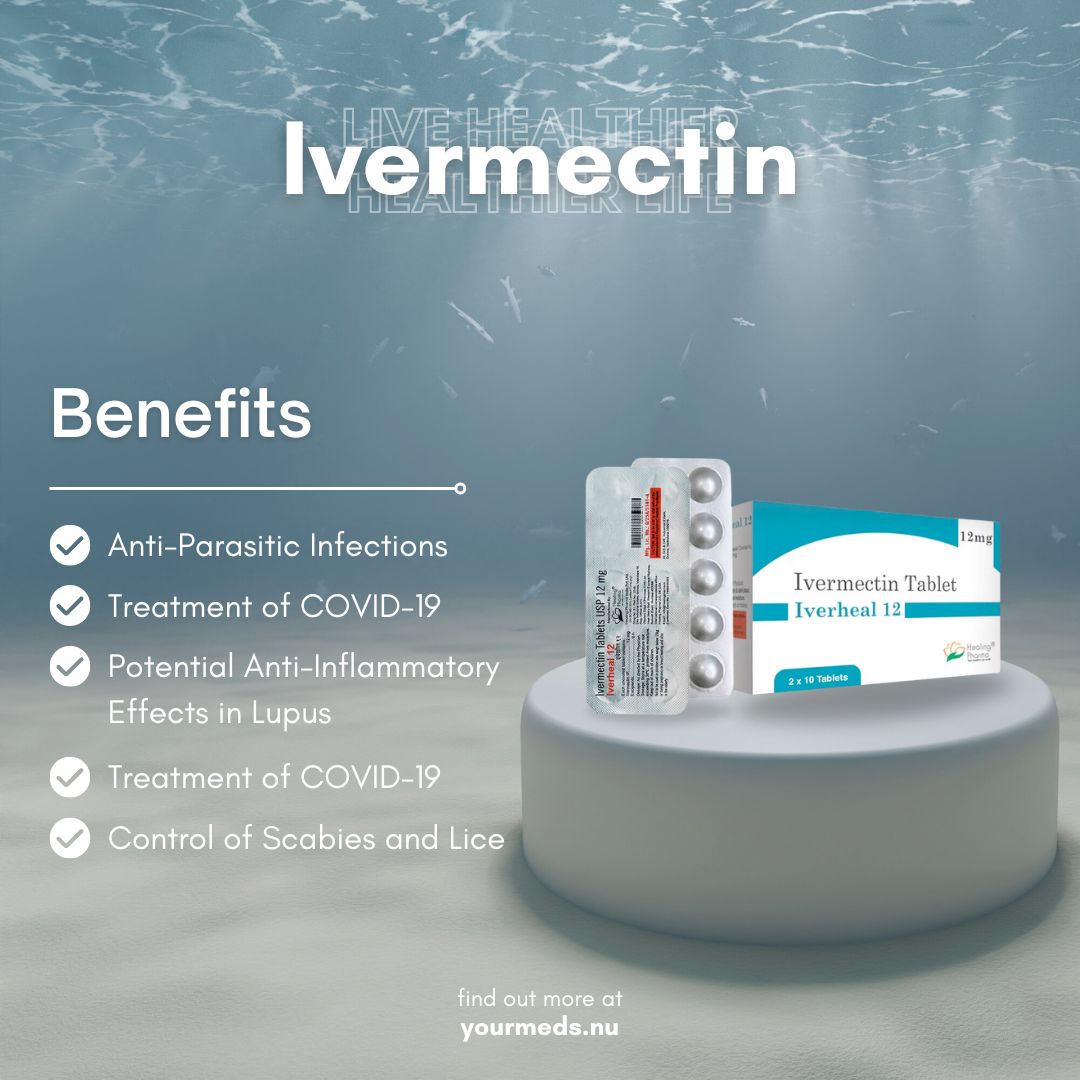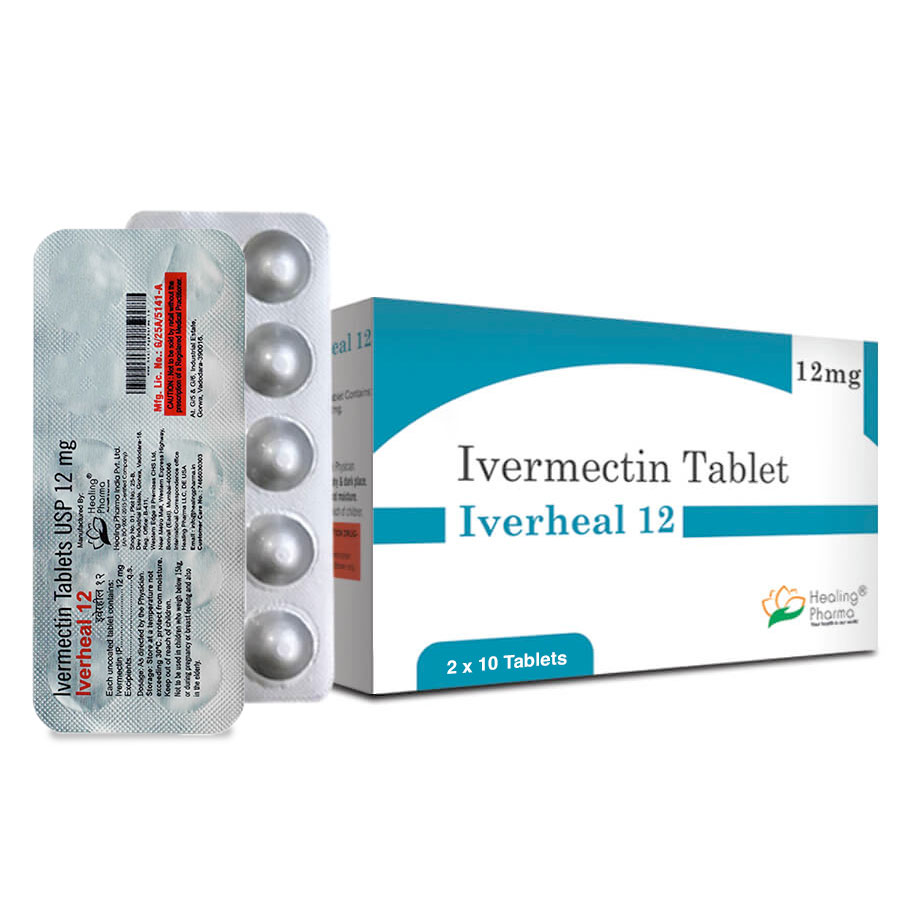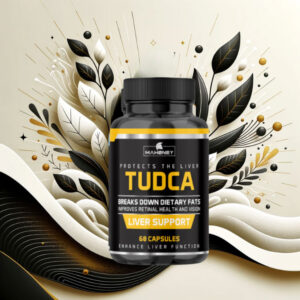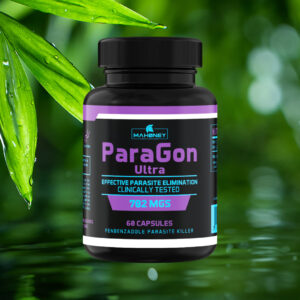
Shop
Anti-Parasite
$56.43
Includes: 2 stips of 10 x 12mg IVERMECTINA.
* Recommend this to be taken with TUDCA, to help support the liver in case of parasites needs to be shed from the body.
What some clients have shared they had success with: Day 1: 1 pill of 12mg morning + 1 pill evening both with a breakfast or dinner. Day 2: 1 pill of 12mg breakfast. Day 3: 1 pill of 12mg breakfast. Break for 10 days and then repeat. Click to see a dosage guide.
This website does not offer health advice. *Consult with a healthcare specialist before and don’t take it if you experience side effects or allergies. Make sure you dose correctly.
Ivermectin in Human Medicine
Ivermectin is a medication that has been widely used in both human and veterinary medicine. Its primary uses stem from its efficacy as an anti-parasitic agent. Here’s a comprehensive list of the benefits and uses of ivermectin:
- Onchocerciasis (River Blindness): Ivermectin is best known for its effectiveness in treating Onchocerciasis, a disease caused by the worm Onchocerca volvulus, transmitted through the bites of infected blackflies. It alleviates the itching and halts the progression towards blindness associated with the disease.
- Strongyloidiasis: This intestinal infection, caused by the nematode Strongyloides stercoralis, is treated with ivermectin to kill the worms.
- Scabies: Ivermectin is used both orally and topically to manage scabies, which is caused by tiny mites that burrow into the skin.
- Lymphatic Filariasis (Elephantiasis): It is effective in reducing the number of parasitic worms in the blood and alleviating the symptoms.
- Head Lice: Topical formulations of ivermectin are used to treat head lice infestations.
- Autoimmune Diseases (Exploratory Uses):
- Lupus: Early studies suggest that ivermectin may have benefits in treating lupus, an autoimmune disease where the immune system attacks its own tissues, causing widespread inflammation and tissue damage.
- Multiple Sclerosis (MS): Ivermectin is being investigated for its potential to modulate the immune system and reduce neurological inflammation associated with MS.
These uses highlight the broad spectrum of conditions for which ivermectin can be potentially beneficial, from well-established anti-parasitic treatments to emerging therapeutic roles in managing autoimmune diseases.
Description
Ivermectin (20x tablets) -Anti Parasite cleanse (Nobel Prize winner)
Very Safe
Ivermectin’s safety profile is one of the key factors behind its Nobel Prize win and its widespread adoption in public health campaigns, especially in developing countries. The medication is generally well-tolerated, with side effects typically mild and transient. Common side effects include itching, rash, and fever, particularly as the body reacts to the dying parasites. More serious side effects are rare and are usually associated with higher-than-recommended doses.
The World Health Organization includes ivermectin on its list of essential medicines, which underscores its safety and efficacy. It is particularly noted for its low potential for toxicity in humans when used at recommended doses.
Discovery and Development
Ivermectin was discovered through a partnership between Merck & Co. and Japan’s Kitasato Institute, following the isolation of Streptomyces bacteria strains by Satoshi Ōmura in 1975. These strains showed potential against harmful organisms, leading to the creation of a new class of drugs, the avermectins, with ivermectin as a derivative.
Mechanism and Usage
Ivermectin operates by disrupting the nervous system and muscle function of parasites, leading to paralysis and death. It’s effective against a broad spectrum of parasites in both animals and humans, used in veterinary medicine to prevent heartworm disease and treat other parasites like acarids and intestinal worms.
In human medicine, ivermectin is essential for treating onchocerciasis (river blindness), strongyloidiasis, scabies, and lymphatic filariasis, significantly reducing the incidence of blindness and severe disease.
Nobel Prize Recognition
The global impact of ivermectin was recognized with the Nobel Prize in Physiology or Medicine in 2015, awarded to Satoshi Ōmura and William Campbell for their discovery. The prize highlighted ivermectin’s role in reducing diseases like river blindness and lymphatic filariasis, improving health outcomes for millions in vulnerable regions.
Ongoing Impact and Research
The continued use of ivermectin has brought significant benefits to those at risk of parasitic diseases worldwide, particularly in regions like sub-Saharan Africa, Latin America, and parts of Asia. Its safety and effectiveness have also spurred ongoing research into new therapeutic applications, including for autoimmune diseases and potential antiviral effects against diseases like COVID-19, though these uses require more scientific validation.
Conclusion
The history of ivermectin is a testament to the power of international collaboration in science. Its discovery, safety profile, and profound impact on global health demonstrate its crucial role in medical and veterinary fields. The story of ivermectin continues as research explores broader applications, promising further contributions to health science and public health.
Tablet brands containing Ivermectin
Ivermectin is available in pill form primarily for treating certain parasitic infections in humans. The pill form is often prescribed for conditions such as onchocerciasis (river blindness), strongyloidiasis, and lymphatic filariasis. Here’s a list of some branded pills containing ivermectin:
- Stromectol – This is the most well-known brand name for ivermectin pills and is used globally for treating various parasitic infections.
- Mectizan – Similar to Stromectol, Mectizan is another brand name under which ivermectin is marketed, particularly in regions where river blindness is endemic.
- Ivermec – In some markets, ivermectin is available under this brand for similar uses.
- Ivexterm – This is another brand name used in certain regions, primarily in Latin America.
- IVERSUVAC 12
- AVER 12
- Ivermax 12
- Ivermact 12
- Ivermectol 12
- Iverlast 12
- Ivernew 12
- Iverwell 12
These pills are generally used for the treatment of parasitic worms, and their use might vary based on regional health guidelines and the specific parasitic infections prevalent in those areas. Each brand listed is recognized for its role in reducing the symptoms and spread of debilitating parasitic diseases.
For other formulations like creams or injectables, you might encounter different brand names intended for different uses, such as Soolantra (cream for rosacea) or Sklice (lotion for head lice).
Cancer treatment ongoing trials, Impact and Research
Ivermectin’s role in global health continues to evolve with ongoing research into its potential uses beyond parasitic diseases. One of the most exciting areas of current research involves its repurposing for cancer treatment.
Research on Ivermectin and Cancer
Recent studies have investigated ivermectin’s potential as an anti-cancer agent, with several peer-reviewed articles highlighting positive results. Ivermectin has been found to possess anti-tumor properties through multiple mechanisms, including:
- Inhibition of Cancer Cell Growth: Ivermectin has been shown to inhibit the proliferation of certain types of cancer cells, potentially slowing the growth and spread of tumors.
- Induction of Apoptosis: Research suggests that ivermectin can induce apoptosis (programmed cell death) in cancer cells, which is a crucial strategy in cancer therapy.
- Impairment of Cancer Cell Migration and Invasion: Ivermectin may also impair the ability of cancer cells to migrate and invade healthy tissues, a key factor in cancer metastasis.
- Enhancement of Chemotherapy: There is evidence that ivermectin can enhance the efficacy of existing chemotherapy agents, making it a valuable adjunctive therapy.
Peer-Reviewed Evidence
The repurposing of ivermectin for cancer treatment is supported by peer-reviewed scientific literature, which indicates its potential efficacy in various cancer models. For instance, studies have shown positive effects in cancers such as leukemia, melanoma, and breast cancer. The exact mechanisms by which ivermectin affects cancer cells are still being researched, but the drug’s ability to modulate multiple pathways involved in tumor growth and survival is promising.
Clinical Trials
Several clinical trials are underway to assess the safety and efficacy of ivermectin as a cancer treatment. These studies are crucial for determining whether ivermectin can be integrated into standard cancer therapy protocols.
Conclusion
The repurposing of ivermectin for cancer treatment exemplifies the potential for existing medications to be used in new, innovative ways. The safety profile of ivermectin, along with its well-documented effects in other diseases, makes it a promising candidate for cancer therapy research. As with all pharmaceutical applications, continued research and clinical trials will be essential to fully understand and validate ivermectin’s efficacy and safety in cancer treatment.
** You also might want to research Fenbendazole for use in cancer treatment trials.
Other uses – Veterinary Medicine
- Heartworm Disease: Commonly used in dogs and cats to prevent heartworm infections.
- Acariasis: Treats infestations by ticks, mites, and other acarids in animals.
- Intestinal Worms: Effective against a wide range of gastrointestinal worms in livestock and pets, including nematodes.
- External Parasites: Used in the management of external parasites such as lice and mites on cattle, sheep, and other animals.
Other Potential Uses and Research Areas
- Antiviral Research: Some studies have explored ivermectin’s potential as an antiviral agent against a range of viruses, including SARS-CoV-2 (the virus causing COVID-19). However, these uses are not widely recognized or approved by major health agencies, and more research is needed to validate these claims robustly.
- Anti-inflammatory Properties: Research has indicated potential anti-inflammatory effects, which could be useful in treating diseases with an inflammatory component.
Additional Information
| Weight | 0.2 kg |
|---|---|
| Dimensions | 7 × 4 × 1 cm |
Reviews (0)
Only logged in customers who have purchased this product may leave a review.











Reviews
There are no reviews yet.